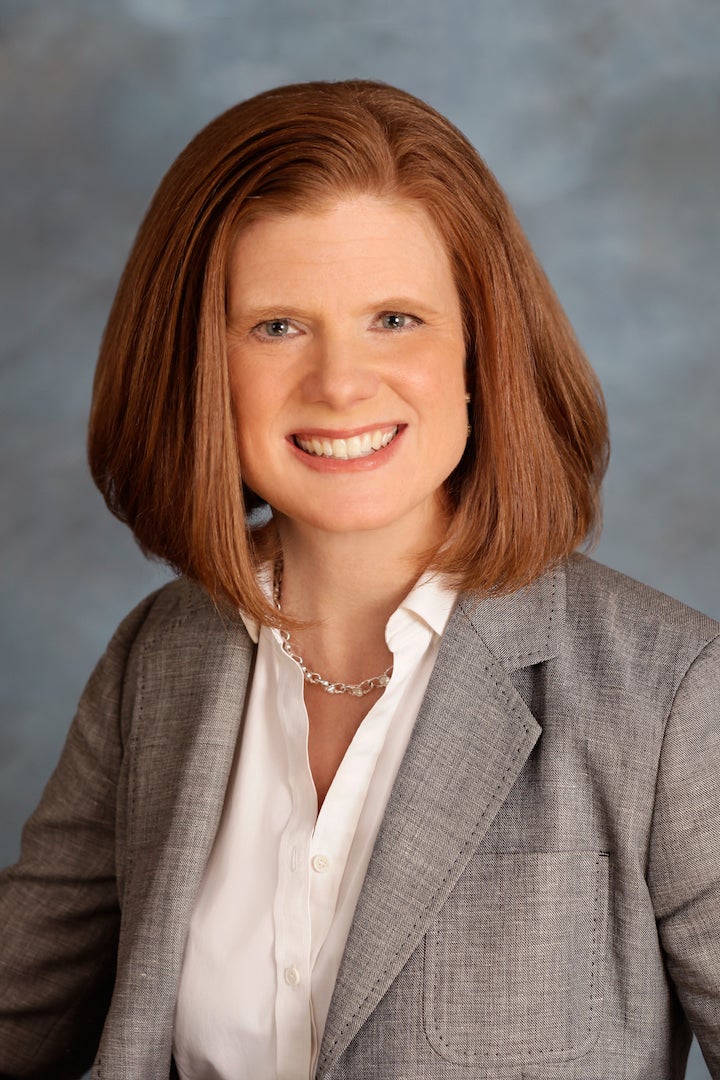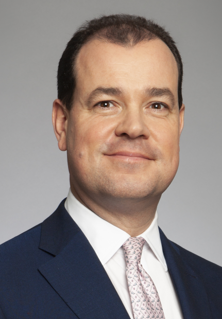
Now that millennials are growing up, getting jobs and settling down, it is time for private banks to focus their attention to Generation Z. David Craik investigates.
We think we already know about Generation Z, those currently aged roughly between 16 and 21. We’ve heard them railing about the future of the planet and seen them huddled over their phones and tablets. They are said to be more economically anxious than previous generations given they have known little else than volatility. They are also believed to have little brand loyalty.
But is any of this true? And who exactly are Gen Z and if they are children of your clients, what does this mean for private banks?
According to a Wells Fargo Private Bank survey of ‘Children of Millionaires’ from earlier this year, “the most important thing they will inherit from their parents isn’t their wealth but their values”. The survey, of 1,003 members of Generation Z, discovered that 84% want to sustain and build on their family’s legacy.
However, only a third of these youngsters said they have a strong voice in their family’s giving strategy. This generation also feels under pressure to live up to their family’s standard of wealth and success and a fifth report conflict among siblings over money. Over 90% said they do not regularly meet to discuss family finances.
More alarmingly for private bankers, a fifth of Gen Z were unsure whether their parents worked with a financial advisor or wealth management consultant and only 3% said they meet with this adviser regularly. However, most said they would be interested in finding out more about issues such as philanthropy, social impact investing, protecting inheritance and starting a new business.
How well do you really know your competitors?
Access the most comprehensive Company Profiles on the market, powered by GlobalData. Save hours of research. Gain competitive edge.

Thank you!
Your download email will arrive shortly
Not ready to buy yet? Download a free sample
We are confident about the unique quality of our Company Profiles. However, we want you to make the most beneficial decision for your business, so we offer a free sample that you can download by submitting the below form
By GlobalDataWhy Gen Z are different from millennials
“Contrary to millennials, who were raised by their overprotective baby boomer parents and received their fair share of critique about being rather self-centered and entitled, Generation Z values stability,” says Dan Scott, deputy CIO of Vontobel Wealth Management.
“Millennials are open to debt and often pay off student loans while renting property. Generation Z, however, are keener on saving, value financial knowledge as well as owning real estate,” he says.
Their definition of financial success will also likely be different, Scott believes: “Gen Zers take a very pragmatic approach to money. Only a small portion of Gen Z define financial success as being rich. Being debt-free is the most important financial goal.
“When it comes to investing, Gen Zers are proactive. Most Zers own bank accounts at an earlier stage in life than millennials did. The majority of Gen Z are planning for their financial future. Needless to say that Gen Z’s affinity to apps has led to a flush of new fintechs that specifically target them.”
The appeal of fintech among younger generations is now well documented and few private banks are without a smartphone app. However, this might not be enough for Gen Z. In a recent survey of wealth managers by Finantix, a technology provider to the industry, 54% said digital lead generation was now their top priority for finding new clients.
Gen Z and ESG
Another now-well known trait of younger investors is they like to invest ethically and sustainably. However, evidence shows that this might be truer of Gen Z even more than millennials.
Since only a tiny percentage of the wealth management industry currently caters to Gen Z, evidence on their investment preferences is scant. However, judging by how they purchase other consumer products, this generation are already aware of how their money can affect global issues.
Seventy-two per cent of Generation Z surveyed by Nielsen said they would pay more for products and services from companies committed to social and environmental good.
“Generation Z seeks to invest where their money can make a difference and are more intentional about not investing in areas they do not support or believe in,” says Katherine Dean, head of family dynamics at Wells Fargo.

But private banks preparing for the wave of Gen Z wealth should not only concern themselves with ESG products says Scott. “Thematic investments are another phenomenon that has gained popularity. This generation grew up with Instagram and Snapchat that work with emotional captions.
“It is just logical that this generation needs to find touching points with their investments. Thematic investments like e-commerce, e-sports/gaming or alternative meat naturally catch the interest of youngsters.”
Will technology prevail?
Many assume that Gen Z’s current obsession with technology will only grow, playing into the hands of financial service providers who cater to the newly bankable with slick smartphone apps.
However, Duncan MacIntyre, UK chief executive of Lombard Odier, believes relying on technology too much can be a potential mistake. “It is something that companies need to have but it should never replace the fundamentals of private banking which is developing relationships”.

These relationships will always involve an element of face-to-face advice, says Dean. “Because [Gen Z] are more ‘do-it-yourself-ers’ they don’t necessarily seek out advice. They trust computers and are big fans of the robo-investing approach. They also are frugal in nature, thus placing value on low cost options.
“But as they grow, we believe they will seek out more advice. They already show a real interest in learning more about the financial markets and more complex topics like estate planning, taxes, insurance and more.
“They are more likely to seek out an advice provider who can help them grow in their quest for financial literacy.”
How can private banks adapt?
Since relatively few members of Gen Z have yet either inherited wealth or made their own, most private banks are currently engaging with the group through education.
This is important, as James Fleming, chief executive of Sandaire, writes in PBI: “We are raising a generation who are, for the most part, unprepared for managing significant wealth”.
Many private banks are therefore moving into the higher education space. Lombard Odier, for example, runs educational programmes such as next generation conferences where young people can learn more about finance. “If you are just going off to university then you probably don’t have that much knowledge of financial issues and will be forming ideas around your own values,” says MacIntyre.
The Wells Fargo study found that, although Gen Z understood basic budgeting, saving and managing debt, they were less confident on more complicated financial matters such as how to protect assets with insurance, how to manage and minimize taxes and investing in the stock market.
“We have focused a tremendous amount of resources on helping younger generations develop strong financial literacy skills,” says Dean. “We support this through apps like Greenhouse, systems like Control Tower, in person learning sessions like Hands on Banking and even services like Family Dynamics that help younger generations prepare to become responsible stewards of their family’s legacy.”
Scott agrees that financial service firms need to rethink the way they offer their services.
“Gen Zers are accustomed to an ever-rising bull market and have received limited financial markets education. They exhibit behavioral tendencies, such as their desire to have immediate feedback from their service providers, high preference for mobile-based experiences and inherent desire to learn.
“Financial advisors who fail to appreciate a different process of communicating value and connecting with this generation will be at risk of losing future assets under management growth. Real-time financial planning, active feedback and decision management are key service offerings for the future generation. While return for traditional asset classes will likely be lower in the future, alternative investment management will play a center role as well”.
Education is just the start of the journey from one generation to the next, however. As more and more of Gen Z enter the wealth management market, advisors will play a more critical role.
“There is sometimes a disconnect between parent and child in terms of information flows and a private bank can be the interlocutor between them,” says MacIntyre.
To this end, Lombard runs family governance programmes. “We look to sustain family values and principles and allow the next generation to have their own values as well,” MacIntyre explains. “We set up a governance framework which allows some structure around family wealth discussions on investments and wealth transfer and helps guide the next generation. If this is not managed well it can create some tensions.”







